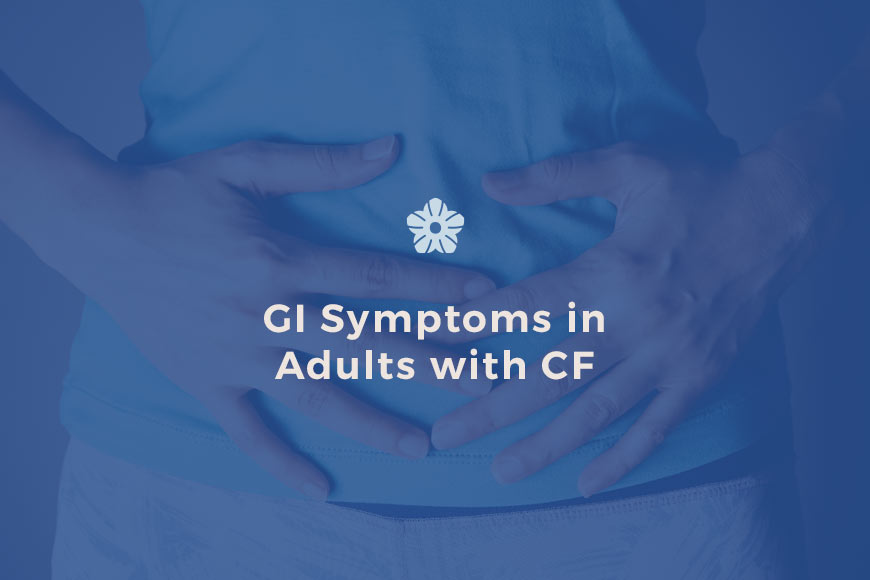A study published in the Journal of Cystic Fibrosis examines the long-term effects of Elexacaftor/Tezacaftor/Ivacaftor (ETI) therapy on gastrointestinal (GI) symptoms in adults with cystic fibrosis (CF). While ETI therapy has been shown to significantly improve GI symptoms within the first 1.5 years, researchers found that these improvements may wane over time, underscoring the need for ongoing monitoring and symptom management.
Using the CFAbd-Score, a validated CF-specific GI symptom assessment tool, the study analyzed data from 68 adults with pancreatic insufficiency over a period of up to four years. The findings indicate that while GERD symptoms remained lower over time, appetite-related and quality-of-life improvements plateaued, and some GI symptoms showed signs of returning. Researchers note that factors such as adherence, diet, gut microbiota, and long-term physiological changes may influence these trends.
This study highlights the importance of continued research into the gut health of people with CF, even as modulator therapies improve overall health outcomes. Further investigation into dietary interventions, microbiome health, and personalized treatment strategies may be key to managing persistent GI symptoms in the CF community.





